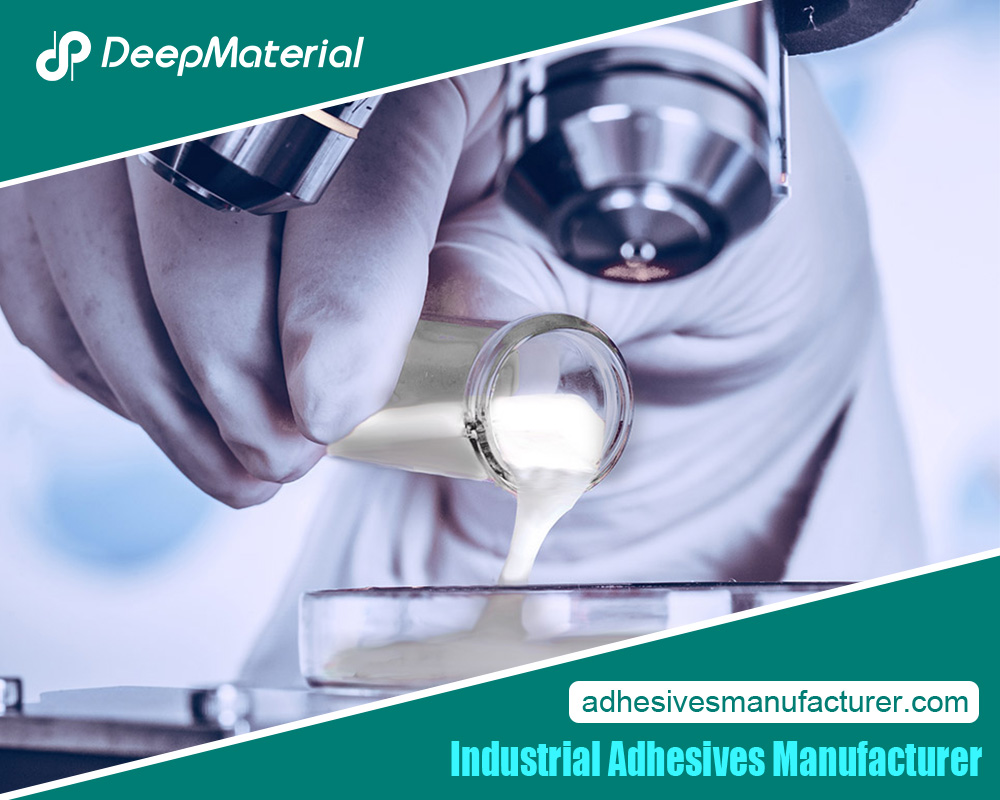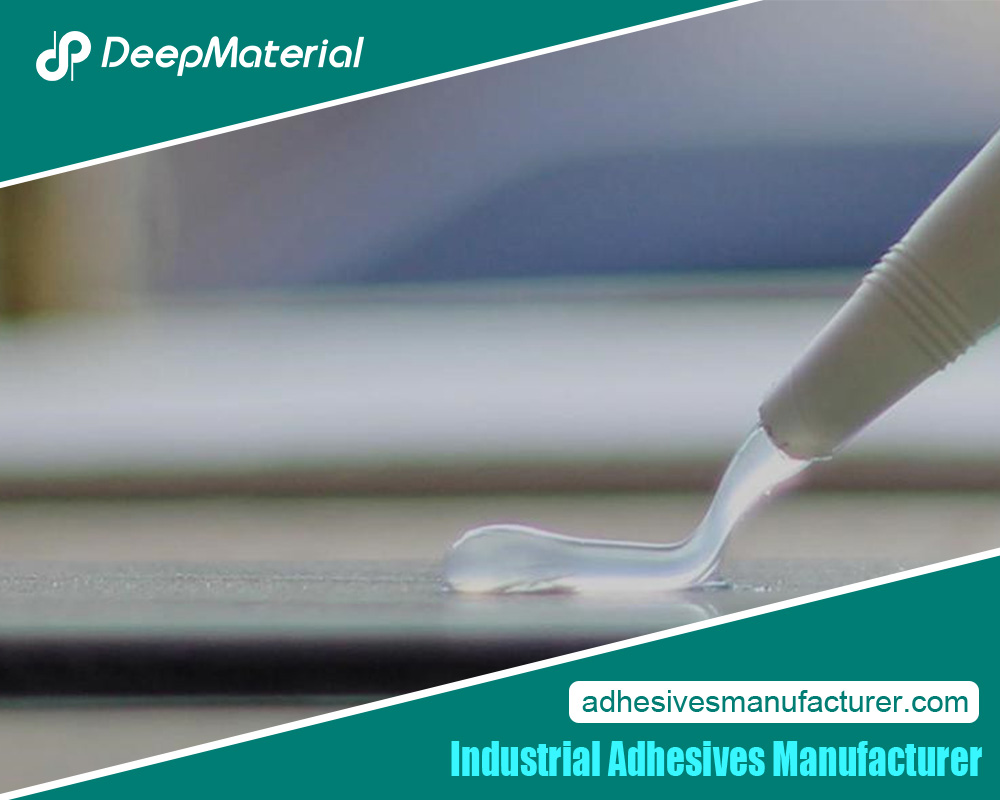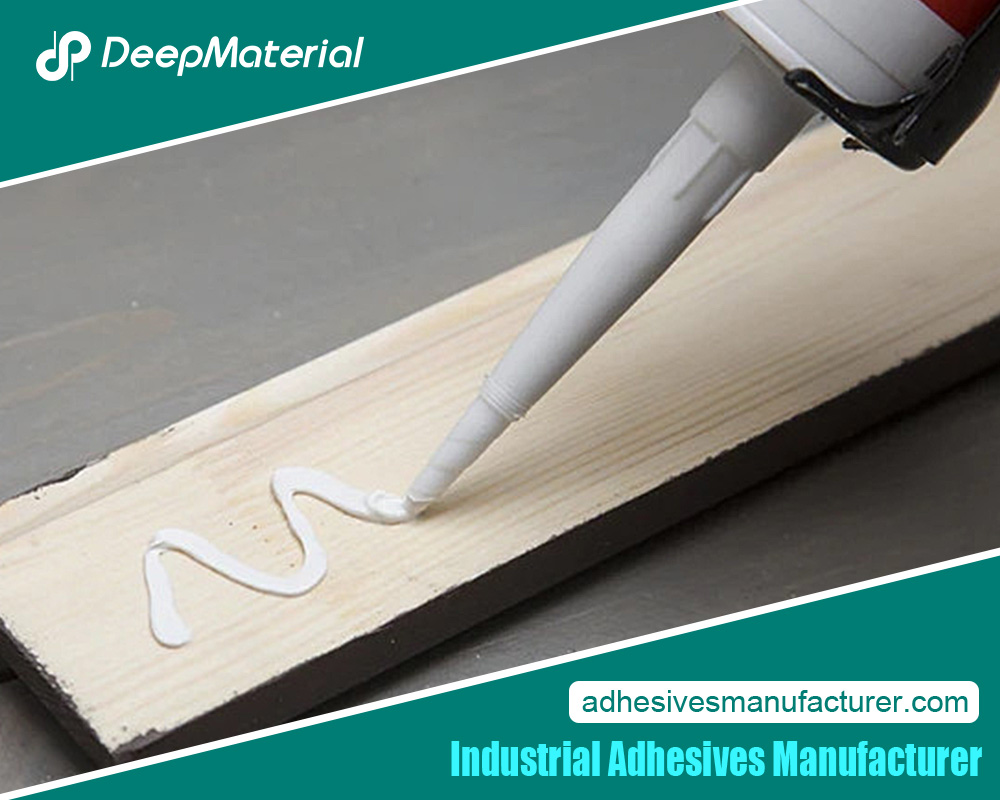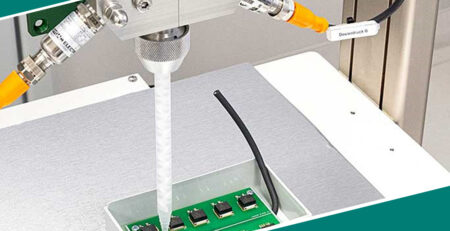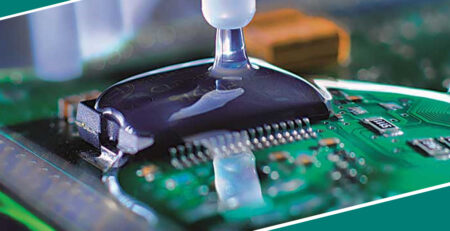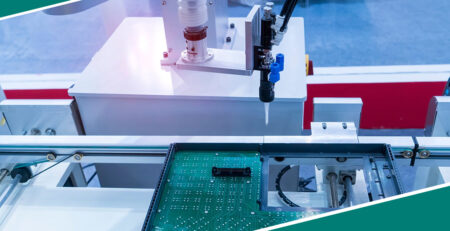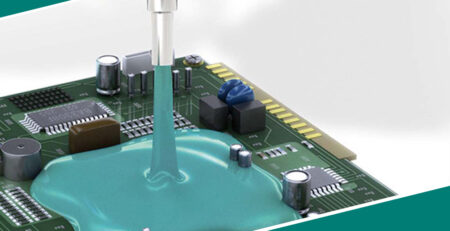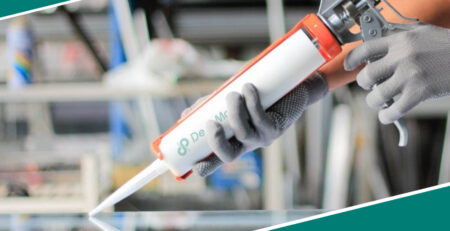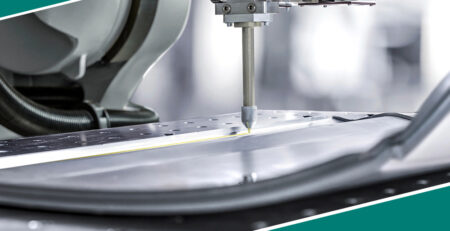Analysis of Specific Components in Electronic Device Manufacturing that Commonly Use Conformal Coating Materials
Analysis of Specific Components in Electronic Device Manufacturing that Commonly Use Conformal Coating Materials
In the current era of rapid technological development, electronic devices have been deeply integrated into every aspect of our lives and work. From feature-rich smartphones and lightweight, portable tablets to sophisticated and complex industrial control devices, as well as high-end and cutting-edge aerospace electronic systems, their performance and reliability not only significantly affect the user experience but also play a decisive role in numerous fields. As a special protective material, conformal coating materials can provide comprehensive and effective protection for electronic components, occupying an irreplaceable and crucial position in the manufacturing process of electronic devices. This article will conduct an in-depth analysis of the specific components in electronic device manufacturing that frequently use conformal coating materials, as well as the significant importance of such materials to these components.
Overview of Conformal Coating Materials
Conformal coating materials are a type of material that can be uniformly applied to the surface of electronic components, forming a continuous, flexible, and strongly adherent protective film that closely conforms to the complex shapes of the components. This protective film possesses multiple excellent properties, such as moisture resistance, corrosion resistance, salt spray resistance, mold resistance, vibration resistance, impact resistance, and electrical insulation. Currently, common types of conformal coating materials include acrylic-based, epoxy resin-based, silicone-based, and polyurethane-based materials, among others. Due to differences in chemical compositions and molecular structures, different types of conformal coating materials each have their own unique performance characteristics, enabling them to meet the protection requirements of various application scenarios and harsh environmental conditions.
Printed Circuit Board (PCB)
The printed circuit board can be regarded as the “central nervous system” of electronic devices. It serves as the basic platform for carrying various electronic components, circuits, and solder joints, and the normal operation of almost all electronic devices depends on it. However, key parts of the PCB, such as the copper foil circuits and solder joints, are extremely vulnerable to threats from external environmental factors. These factors include oxygen, moisture, corrosive gases in the air, as well as contaminants like dust and oil stains. Such factors may lead to serious issues such as circuit oxidation, corrosion, solder joint loosening, and short circuits, which can in turn affect the performance and stability of electronic devices.
The application of conformal coating materials on PCBs is both extensive and essential. It can form a robust protective barrier on the surface of the PCB, effectively blocking the erosion of the PCB by external environmental factors. For example, in the engine control unit (ECU) of automotive electronics, the environment within the engine compartment is extremely harsh. There are not only large temperature variations and strong vibrations but also a significant amount of oil and water vapor. In such an extreme environment, the PCB must be coated with a conformal coating to ensure the integrity of its circuits and the stability of its electrical performance. This guarantees the precise control of the engine by the ECU, thereby ensuring the normal operation of the vehicle.
Integrated Circuit (IC) Chips
Integrated circuit chips serve as the core “brain” of electronic devices, and the quality of their performance directly determines the functionality and performance level of the electronic devices. Although IC chips usually adopt certain packaging technologies for initial protection, in some special working environments, this initial protection is often insufficient to cope with complex environmental challenges.
Conformal coating materials can be further applied to the packaging surface of IC chips to provide additional protection for the chips. For electronic devices that are exposed outdoors for long periods, such as meteorological monitoring equipment and outdoor communication base stations, factors in the outdoor environment, such as high humidity, strong ultraviolet rays, and pollutants in the air, may all cause damage to the internal circuits of the chips. By applying a conformal coating, it is possible to effectively prevent water vapor from penetrating into the interior of the chips, avoiding circuit short circuits and component damage. This extends the service life of the chips and ensures the stable operation of electronic devices in harsh environments. In addition, conformal coating materials also have a certain thermal conductivity, which can assist the chips in dissipating heat more evenly and reduce the risk of performance degradation or damage to the chips due to local overheating.
Connectors
Connectors are key components that enable the electrical connection between various components in electronic devices, and the reliability of their connections is directly related to the normal operation of the entire electronic system. However, the metal contact parts of connectors, such as pins and sockets, are highly susceptible to oxidation, corrosion, and mechanical wear during long-term use. These issues can lead to problems such as an increase in contact resistance, unstable signal transmission, or even signal interruption.
Conformal coating materials can form a dense protective film on the surface of connectors, effectively isolating air and moisture and preventing the oxidation and corrosion of metal parts. At the same time, this protective film also has a certain degree of wear resistance, which can reduce the damage to the surface of the connectors during the plugging and unplugging process, improving the plugging and unplugging resistance and service life of the connectors. In connectors that require frequent plugging and unplugging, such as the memory slots and hard drive interfaces on computer motherboards, the application of conformal coating materials is particularly important. It can ensure that the connectors maintain good electrical connection performance during long-term use, guaranteeing the stable operation of the computer system. In addition, conformal coating materials can also prevent impurities such as dust and water vapor from entering the interior of the connectors, avoiding malfunctions caused by short circuits or poor contacts.
Sensors
Sensors, as the “feelers” for electronic devices to perceive external environmental information, are widely used in various electronic devices, including smartphones, automobiles, industrial automation equipment, and more. Since sensors need to directly interact with the external environment to continuously sense various physical quantities such as temperature, pressure, humidity, and light, and convert them into electrical signals for transmission to the control system of the electronic device, the performance and reliability of sensors are highly vulnerable to the influence of external environmental factors.
Conformal coating materials provide a reliable protection solution for sensors. They can form a transparent and tough protective film on the surface of sensors, effectively blocking the erosion of sensors by external water vapor, dust, chemical substances, and other factors, ensuring that sensors can accurately and stably perceive external environmental information. For example, in the temperature sensors and pressure sensors of automobiles, the harsh environmental conditions in the engine compartment, such as high temperatures, vibrations, and oil stains, pose extremely high requirements for the performance and reliability of the sensors. By applying a conformal coating, it is possible to effectively protect the sensitive elements of the sensors, enabling them to accurately sense and transmit signals even in harsh environments, providing reliable data support for the electronic control system of the vehicle and ensuring the safe and stable operation of the vehicle. For biomedical sensors, such as the blood glucose sensors in blood glucose meters, conformal coating materials can also prevent the corrosion of the sensors by biological fluids, ensuring the accuracy and reliability of the measurement results and providing a strong guarantee for medical diagnosis and treatment.
Relays
As an electronic control device, relays play important roles such as automatic regulation, safety protection, and circuit conversion in electronic devices. However, the key parts of relays, such as contacts and coils, are prone to being affected by factors such as arcs, oxidation, and corrosion during operation, leading to a decline in the performance of relays or even failure.
Conformal coating materials can be applied to the surface of relays to provide comprehensive protection. In relays with high voltage and large current, strong arcs will be generated when the contacts close and open. The high temperature and energy of the arcs will cause ablation to the contacts, shortening the service life of the contacts. Conformal coating materials can effectively isolate the arcs, reducing the damage of the arcs to the contacts and extending the service life of the relays. At the same time, conformal coating materials can also prevent the insulation performance of the coils from deteriorating due to moisture and oxidation, avoiding potential safety hazards such as coil short circuits and electrical leakage, and ensuring that the relays can operate safely and reliably under various working conditions.
Switches
Switches are important components in electronic devices used to control the on-off of circuits. Common types include pushbutton switches, toggle switches, and microswitches. During actual use, the contacts and operating parts of switches are prone to being affected by wear, oxidation, and corrosion, resulting in problems such as poor contact and failure of the switches, which will affect the normal operation of electronic devices and the user experience.
Conformal coating materials can form a wear-resistant and corrosion-resistant protective film on the surface of switches, effectively protecting the contacts and operating parts of the switches. In switches that require frequent operation, such as the pushbutton switches on game controllers and the operation switches in industrial control devices, conformal coating materials can significantly reduce the wear on the surface of the switches during operation, improving the service life and operation reliability of the switches. In addition, conformal coating materials can also prevent impurities such as water and dust from entering the interior of the switches, avoiding switch failures caused by short circuits or poor contacts and ensuring that the switches can operate normally under various environmental conditions.
Conclusion
In the field of electronic device manufacturing, key components such as printed circuit boards, integrated circuit chips, connectors, sensors, relays, and switches commonly and extensively use conformal coating materials. Conformal coating materials, with their excellent multiple protection functions, including moisture resistance, corrosion resistance, salt spray resistance, mold resistance, vibration resistance, impact resistance, and electrical insulation, provide comprehensive protection for these components. This effectively enhances the performance and reliability of electronic devices and significantly extends their service life.
With the continuous innovation and development of electronic technology, as well as the increasing diversification and complexity of the application scenarios of electronic devices, higher requirements are put forward for the performance and reliability of electronic devices. As one of the key factors ensuring the reliability and stability of electronic devices, the performance and application scope of conformal coating materials will also continue to expand and be optimized. In the future, conformal coating materials will play an even more important role in electronic device manufacturing, providing solid support and guarantee for promoting the progress of electronic technology and the development of the electronic device industry.
For more about a complete guide to analysis of specific components in electronic device manufacturing that commonly use conformal coating materials, you can pay a visit to Deepmaterial at https://www.adhesivesmanufacturer.com/ for more info.

